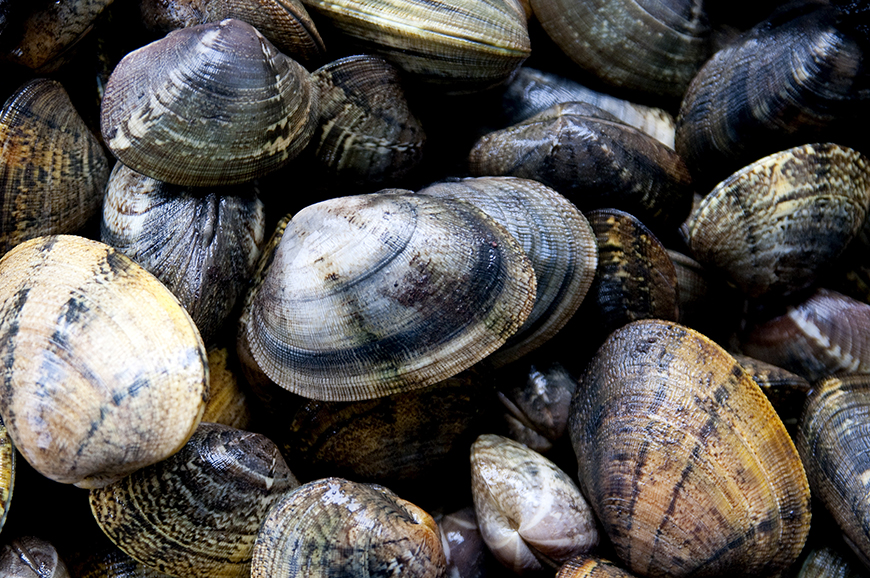The Left Block wants to see the «regulatory conditions under which the harvesting of clams for seed can be carried out, namely the minimum sizes and conditions of transport in their own vessel».
BE MPs João Vasconcelos and Carlos Matias questioned the Government about some of the problems that the nurserymen and shellfish gatherers of Ria Formosa face, namely the laws relating to the harvesting of clam seed and the alleged excessive zeal of the authorities in applying these laws..
Like Sul Informação advanced first hand, the nurserymen and shellfish gatherers from Olhão took to the streets in protest against what the Union of Fisheries Workers of the South claims to be “a persecution” on the part of the authorities.
One of the complaints of professionals in the sector is related to the collection of clams to repopulate the nurseries.
«According to regulatory decree 43/87, of 17 July, clams for repopulation must have a size less than 4 centimeters, which is considered by shellfish collectors and nurserymen to be an unusual situation, as these specimens are almost impossible to find and that other norms related to the activity of the nurseries stipulate that the owners of these production zones can sell undersized clams, not using them to sow or fatten the others», framed the Left Block.
Also at issue is the fact that the law provides that a fisherman must have a specific vessel for the transport of clam seed, which involves buying a new boat to carry out this transport or renting it «at unaffordable costs for the vast majority. ».
The BE also confronted the Government about the sources of pollution that still exist in the Ria Formosa.
Blocist deputies consider “incomprehensible that there is no effective fight on the part of political leaders against illegal sources of pollution, which continue to dump sewage directly into the Ria Formosa. As long as this situation is not resolved, the economic activities that depend on the estuary will continue to be affected».
Sometimes this pollution even leads to a ban on harvesting, as happened recently in the bivalve production area known as Olh3, located opposite the city of Olhão. But, recalls the block, nurseries and shellfish gatherers are not receiving compensation for a ban that goes beyond them.
In this way, the two BE MPs want to know if the Government “is considering applying the Fisheries Professionals Wage Compensation Fund, or another financial mechanism for shellfish collectors and nurserymen, for evident lack of access to harvesting and carrying out the activity, for reasons beyond its control, and if not, what are the reasons for its non-application».



















Comments